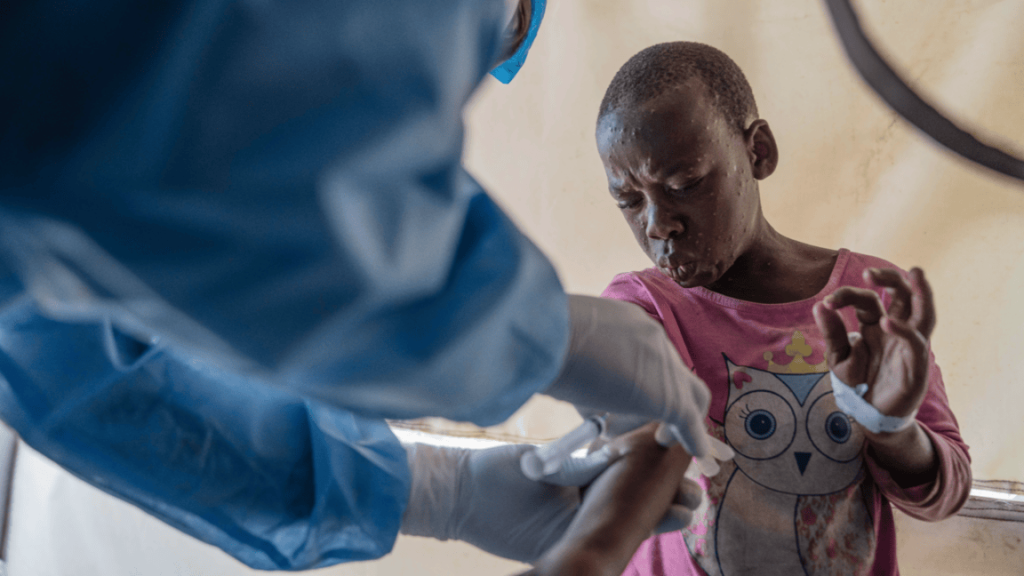The World Health Organisation (WHO) has issued sweeping new guidelines for the clinical management and infection prevention of mpox, as the virus, formerly known as monkeypox, continues to evolve and cross international borders.
Mpox is an infectious disease that can cause a painful rash, enlarged lymph nodes, fever, headache, muscle aches, back pain and low energy. Most people fully recover, but some get very sick. It is caused by the monkeypox virus (MPXV).
The revised recommendations come in response to mounting global cases and the resurgence of new virus clades beyond Africa, prompting the WHO to declare a second public health emergency of international concern in August 2024.
While earlier mpox outbreaks were largely contained in Central and West Africa, WHO reports that clade Ib infections are now emerging outside the continent, mirroring the global spread seen with clade IIb in 2022.
These developments have triggered a call for heightened vigilance among healthcare systems, public health authorities, and caregivers worldwide.
Under the new guidance, WHO underscores that only mild and non-complicated mpox cases should be treated at home, while those with acute infections or at risk of complications, such as immunocompromised individuals, require medical care in health facilities with enhanced support.
The infection prevention and control (IPC) protocols are now more stringent. In healthcare settings, WHO advises staff to wear gloves, gowns, medical masks, and eye protection, with respirators mandated during aerosol-generating procedures or in poorly ventilated rooms.
Read Also: WHO highlights new tools to protect babies from RSV
For home-based care, isolation is no longer mandatory for mild cases if skin lesions are fully covered and the patient wears a well-fitting medical mask when near others.
In a notable shift, WHO also provides new recommendations around maternal care.
Mothers infected with mpox are encouraged to continue breastfeeding while minimising direct contact with their infant. Once recovered, they can resume normal contact and breastfeeding as soon as the lesions are healed.
Another crucial update concerns people living with HIV.
WHO now recommends the rapid initiation of antiretroviral therapy (ART) for mpox-infected individuals who are either ART-naïve or have experienced treatment interruptions, highlighting a proactive approach to co-infection management.
The expanded guidance targets a broad range of frontline professionals—from emergency responders and clinicians to IPC specialists across sexual health clinics, maternity wards, dental practices, and infectious disease units.
Mpox continues defy historical patterns
As mpox continues to defy historical patterns, WHO’s updated recommendations serve as a critical global alert: the virus is changing, and so must the world’s preparedness and response.



